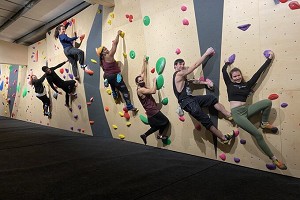
32 year-old Dave Bowes from Kent was seriously injured in a road traffic accident in 2007 which left him brain-injured. Eight years on, he continues to live with the consequences of the crash every day. Not one to give in, however, Dave now unreservedly dedicates his life to his family and to raising awareness of hidden disabilities through the medium of climbing.
He tells his inspiring story below.
I had a serious road traffic accident in 2007 and sustained multiple brain injuries. It's taken me a long time to recover to a stage where I'm able to just about cope with life and getting back into climbing has really helped me do that. The problem is that my disability is hidden and I suffer greatly with the stigma attached to that. I've even lost many friends who don't believe there is anything wrong with me but my life will never be the same again. The person who had the crash that day died, what is left is very much an empty shell struggling with life. Not even my wife recognises me any more. I don't even remember what it was like to be the old me.
We got married three and a half months before my crash. My wife kept me strong throughout and I wouldn't have made it without her. The crash crippled us financially and we lost everything, so we had to move up north to the Wirral to live with my wife's parents. After three years up north and six years post-crash, the court case settled and we were able to buy a house and move out. We now have a three year-old son and a three month-old daughter.
"I entered the paraclimbing nationals, something where I knew I would get noticed and would look out of place: having full use of my body, four limbs, two functioning eyes. Somewhere where people would question my right to be there."
Earlier this year I decided to make a stand and try to change the public view on hidden disabilities, to make them realise that there is more behind the mask I put on when I leave my house on 'good days'. I also decided to raise awareness for the charity Headway who help people such as myself. To do this I entered the paraclimbing nationals, something where I knew I would get noticed and would look out of place: having full use of my body, four limbs, two functioning eyes. Somewhere where people would question my right to be there.
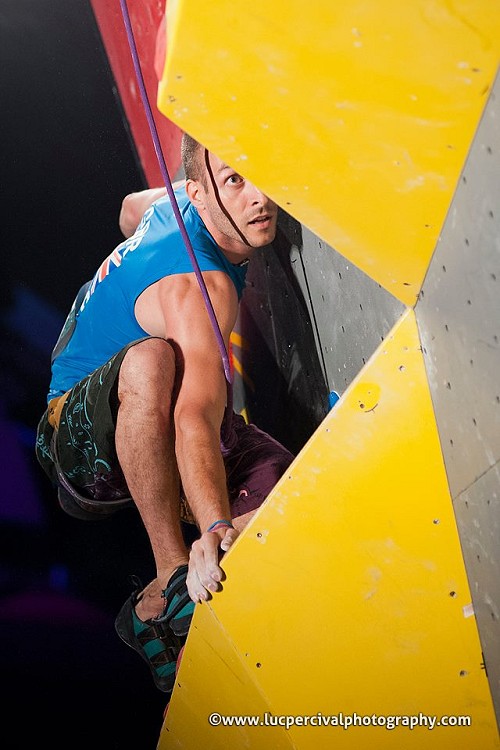
"I'm unable to work and this is the closest thing to a sense of self-worth that I have felt in over 7 years."
To my surprise, and everyone else's, I came 3rd in the series and was invited onto the senior able-bodied GB Ice-Climbing Team. For me this is even more important, as it shows others with disabilities that what hinders them shouldn't stop them from trying for the seemingly impossible. So now I am on two GB teams, one para and one able-bodied. The first where I look able-bodied but am actually disabled, the other where I am able to show what can be achieved with the right care, support and determination, even though I struggle greatly. This will hopefully give me a greater platform from which to spread the word. I have even been guest speaker at a Headway open day with the Mayor of Wirral. All of this I have done to raise awareness for the charity and hidden disabilities in general - I'm unable to work and this is the closest thing to a sense of self worth that I have felt in over 7 years. I don't even enjoy competition climbing, in fact it completely messes with all my symptoms. But if it helps others, then it makes it all worthwhile.
For the purpose of general interest, as many people often ask and are fascinated, the following are my disabilities:
- Persistent Post Concussion Syndrome (basically permanent concussion symptoms forever affecting: memory, concentration, attention span, confusion, sensory overload, anxiety)
- Central Vestibular Disorder & also Vestibular Dysfunction in both ears (separate problems but both mean I have no sense of balance, I have to focus on fixed objects ahead of me to use as a tilt guide, like the dial in a plane)
- A form of REM sleep disorder leaving me unable to get regenerative sleep
- Post Traumatic Migraine (leaving me very sensitive to loud sounds and also giving me sporadic migraine attacks)
- Moderate to severe depression (permanent and cyclic)
- Finally - the worst, complete change in personality, as in Dave version 1 died on 08/09/07, a new Dave is who my friends and family now know and try to get on with
Watch a video of Dave bouldering and speaking about his disabilities below:
- SKILLS: Top Tips for Learning to Sport Climb Outdoors 22 Apr
- INTERVIEW: Albert Ok - The Speed Climbing Coach with a Global Athlete Team 17 Apr
- SKILLS: Top 10 Tips for Making the Move from Indoor to Outdoor Bouldering 24 Jan
- ARTICLE: International Mountain Day 2023 - Mountains & Climate Science at COP28 11 Dec, 2023
- ARTICLE: Did Downclimbing Apes help Evolve our Ultra-Mobile Human Arms? 5 Dec, 2023
- ARTICLE: Dàna - Scotland's Wild Places: Scottish Climbing on the BBC 10 Nov, 2023
- INTERVIEW: Loki's Mischief: Leo Houlding on his Return to Mount Asgard 23 Oct, 2023
- INTERVIEW: BMC CEO Paul Davies on GB Climbing 24 Aug, 2023
- ARTICLE: Paris 2024 Olympic Games: Sport Climbing Qualification and Scoring Explainer 26 Jul, 2023
- INTERVIEW: Malcolm Bass on Life after Stroke 8 Jun, 2023



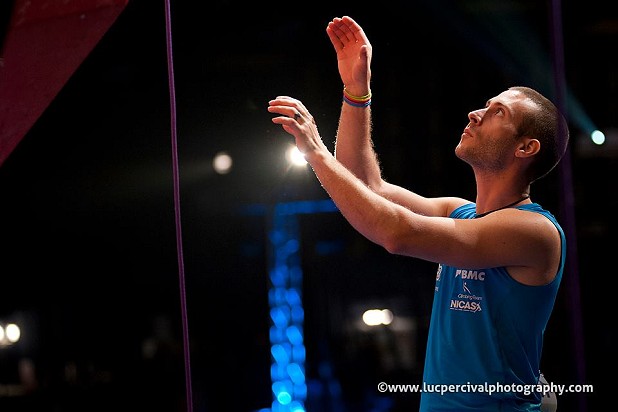
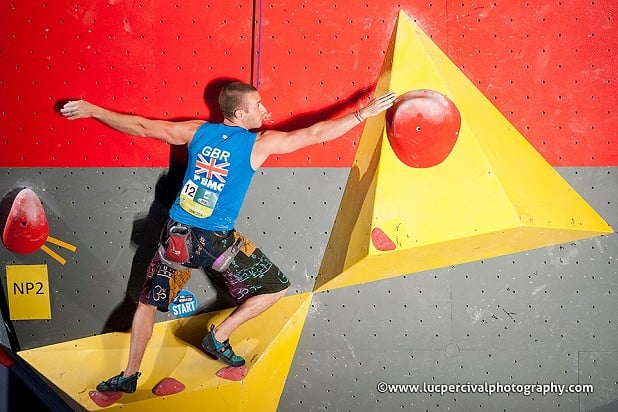
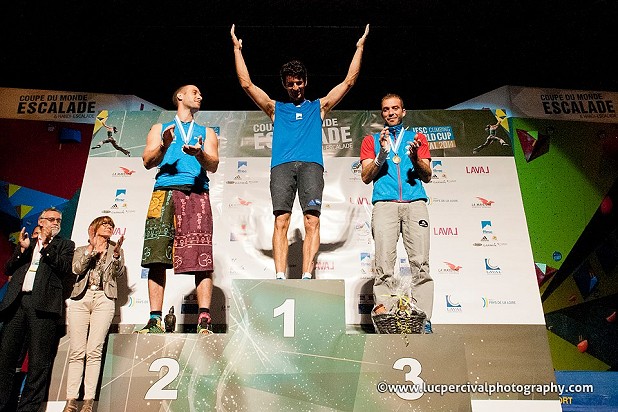
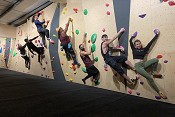
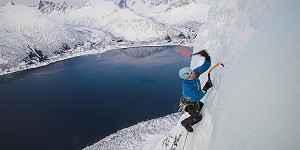







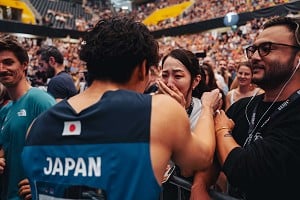
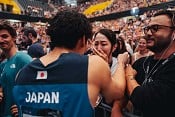


Comments